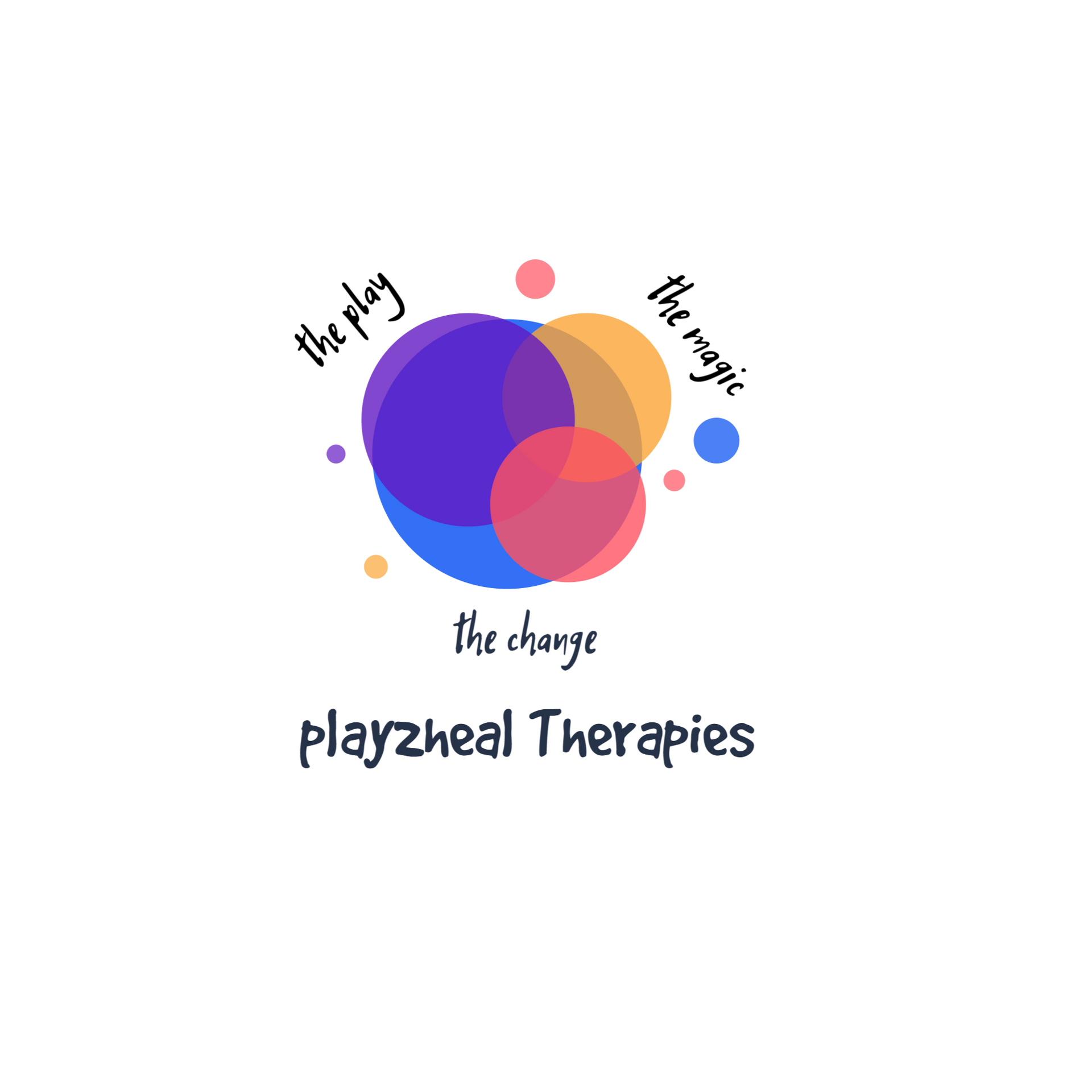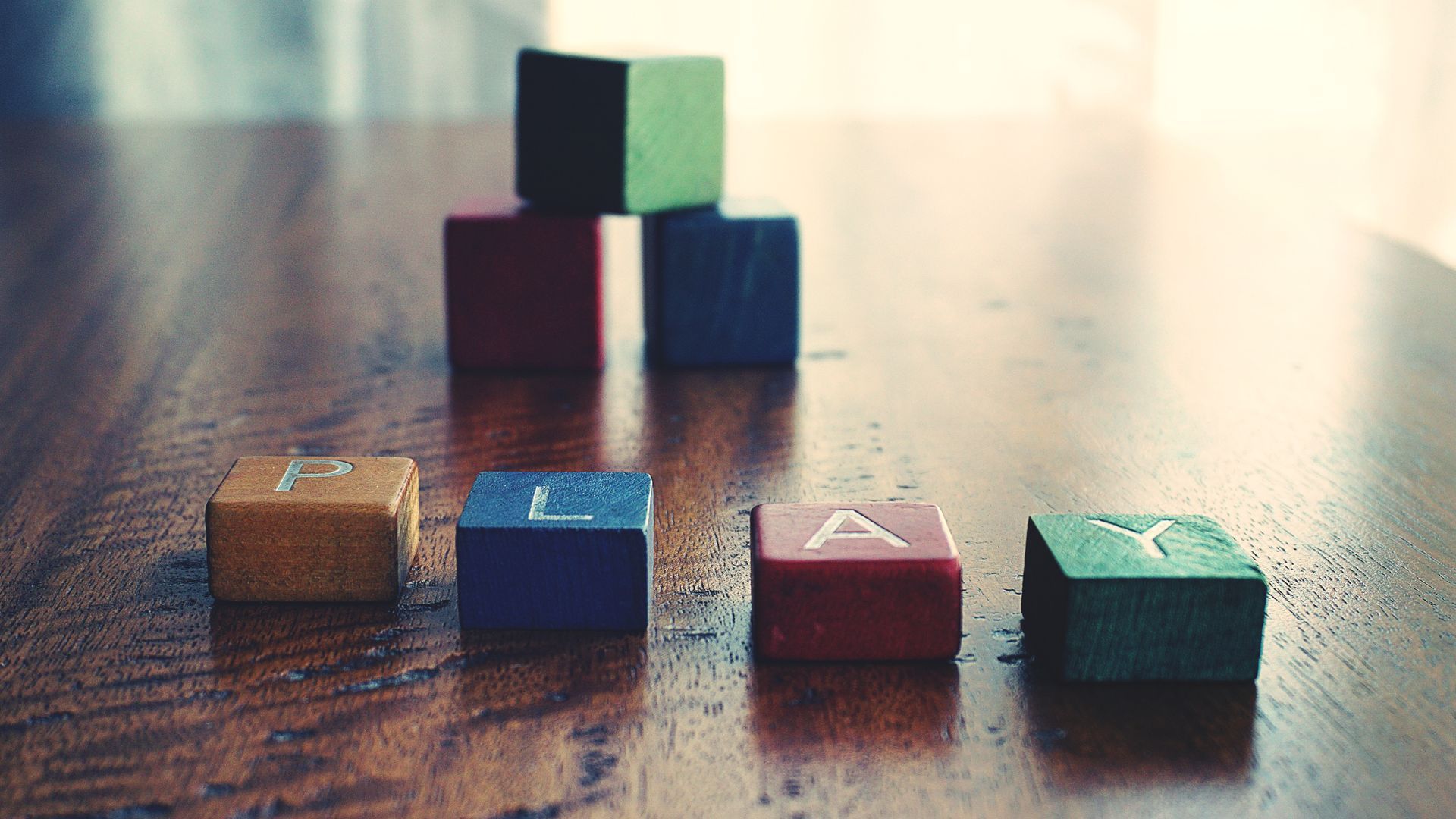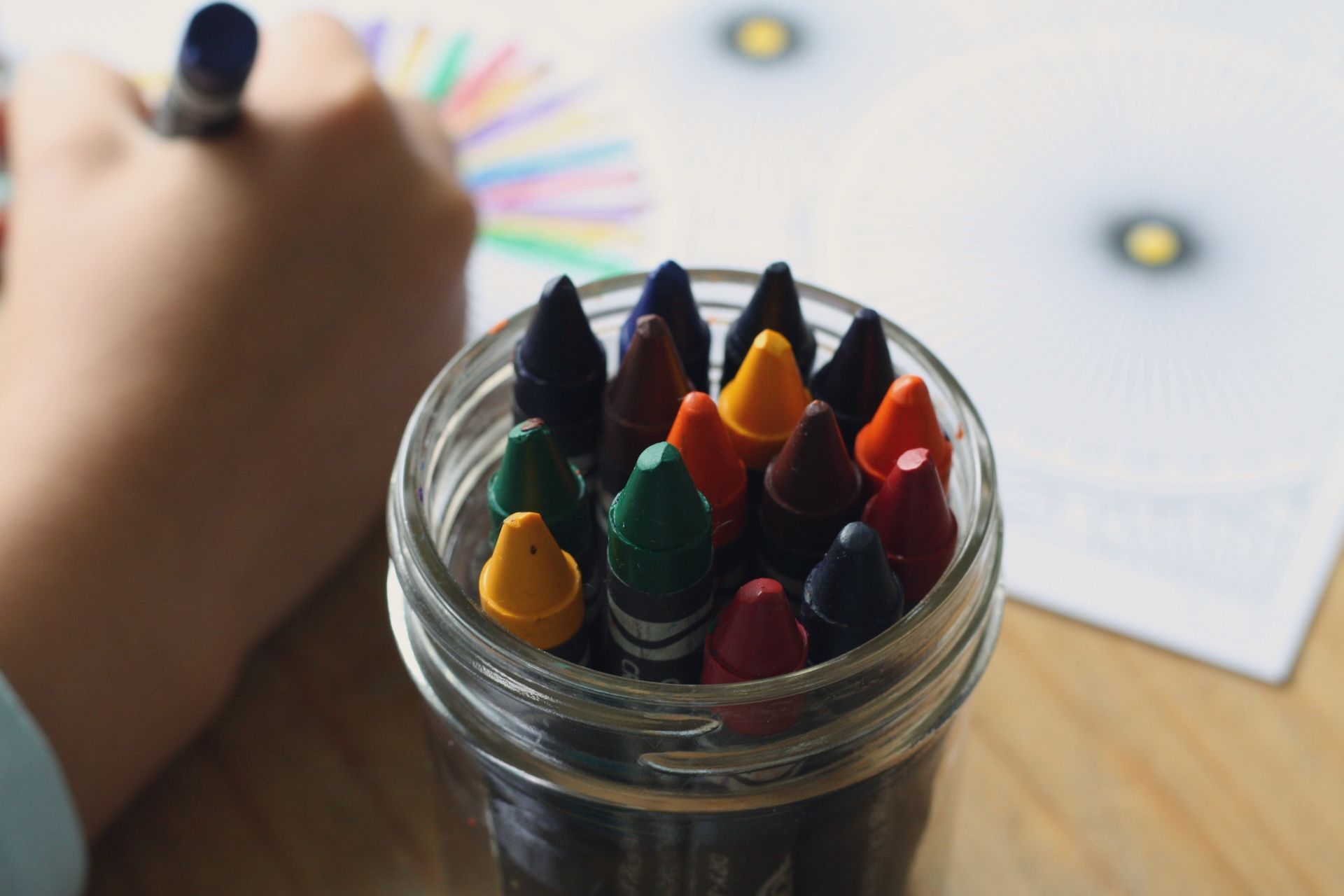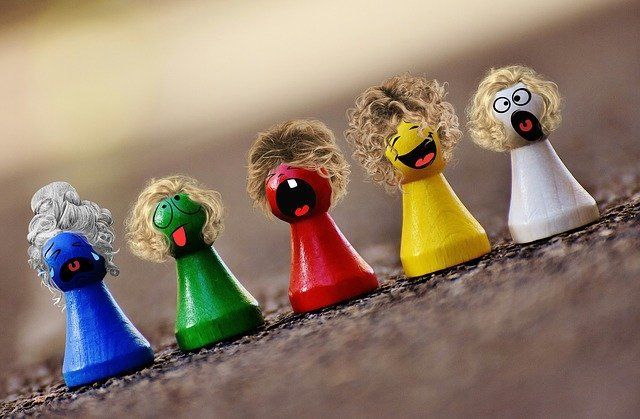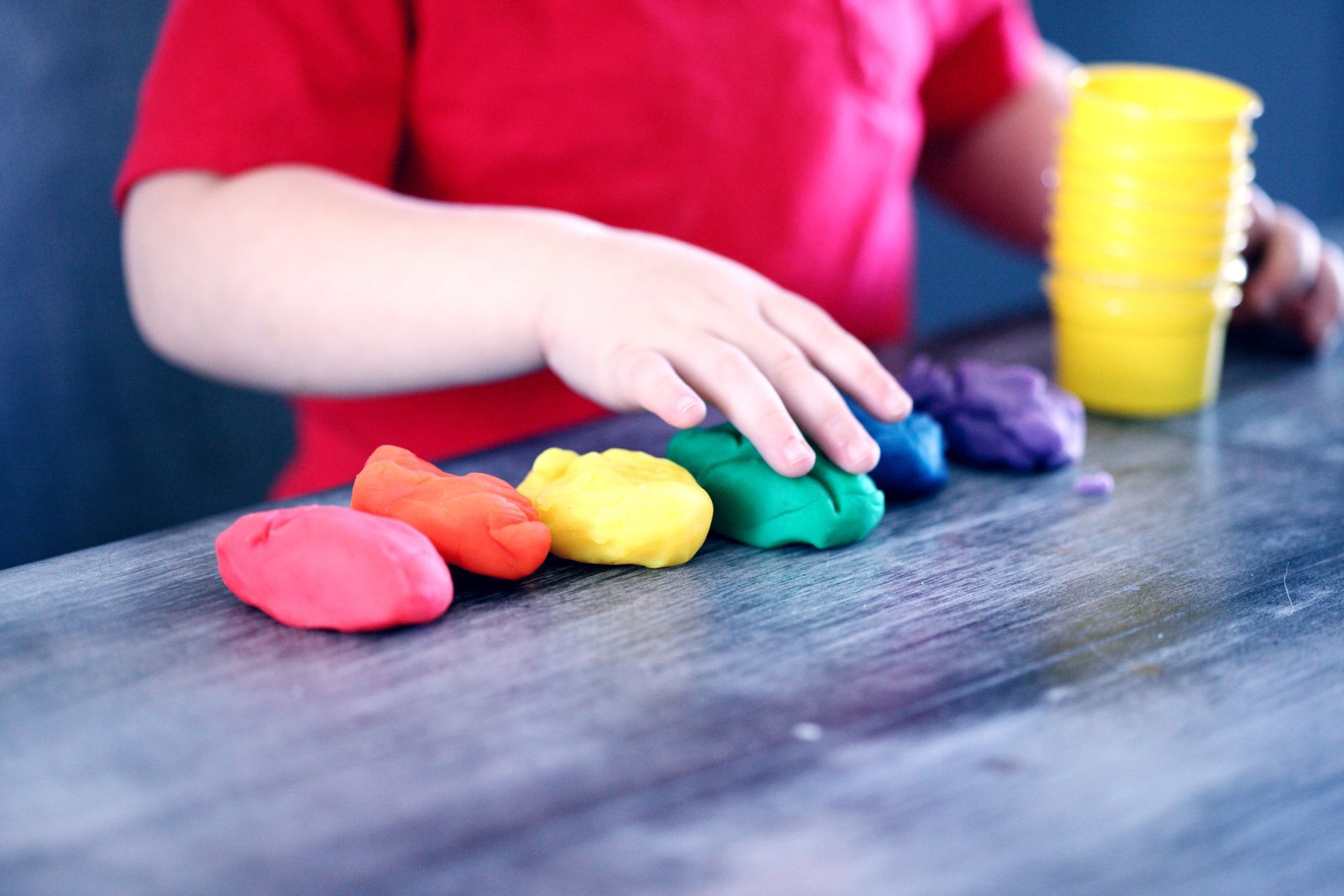Play Therapy
Play Therapy is a developmentally appropriate method for children because they respond more to non-verbal than verbal discussion. For children play is a natural form of self-expression, a medium for experimentation, communication and learning and when children don't know how to express themselves verbally, they show it with action. Play therapy helps children play out how they are feeling so they eventually find the words.
Children learn to understand the world and their place in it through play. It’s where they’re free to act out their inner feelings and deepest emotions. The use of toys in the play room allows children to create metaphors which helps them to express feelings symbolically.
In Play Therapy we help children understand what they are feeling.
